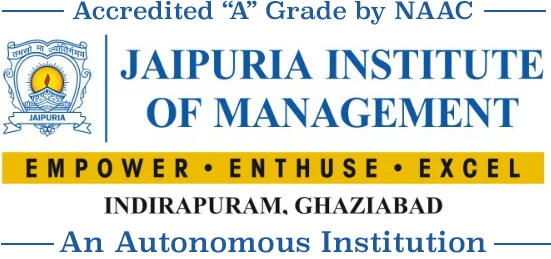As the World Statistics Day is knocking the doors, it’s time to walk you through the origin of STATISTICS!!
The subject of statistics is as old as the human society itself. The word statistics have been derived from the word ‘status’ in Latin or ‘statista’ in Italian or ‘statistik’ in German. However, the origins might have been different, but each of the words mean “political state”. The collection of population and property data by the government with a view to keep check on manpower and property, led to the introduction of statistics.
In India, this data collection process existed more than 2000 years ago during the reign of Chandra Gupta Maurya (324 – 300 BC). The excerpts about ‘vital statistics and birth-death records’ have been quoted in Kautilya’s Arthshastra. A well-maintained record specifying the agricultural statistics has been witnessed in Akbar’s reign. Moreover, administrative and statistical surveys were observed in Akbar’s reign.
Though, the emergence of statistics in Germany is also not new. The collection of official data containing information regarding population along with industrial and agricultural statistics was performed by the German government in the 18th century. The emergence of statistics in England is credited to Napoleonic wars. Their government used statistics to study the post-war loses and to recover the lost revenues through taxes.
Captain John Grant was the first person to study the statistics of birth and death, during the seventeenth century. Due to his contributions to vital statistics, he is renounced as the “Father of Vital Statistics”. Later, many researchers talked about life insurance and this laid foundation for the first life insurance institution in London in the year 1698.
The evolution of modern statistics is believed to take place in the mid-seventeenth century. French mathematicians Pascal (1623 – 1687) and P. Fermat (1601 – 1665) laid the foundation of the theory of probability by solving the famous ‘Problem of Points’. Theory of Probability is the blood of the modern theory of statistics. The properties of the coefficient of binomial expansions were also proposed by Pascal.
Other notable contributors to the field of statistics are: De-Moivre who wrote ‘The Doctrine of Chances’ in 1718, Laplace (1749 – 1827) who worked on the theory of probability, and Gauss who has been most applauded for his works ‘Principle of Least Squares’ and ‘Normal Law of Numbers’, Francies Galton (1822 – 1921) for pioneering the studies on Regression Analysis, Karl Pearson (1857 – 1936) who proposed the concept of Correlation Analysis, and W.S. Gosset for his work on t-test. For his contributions to statistical analysis in various interdisciplinary subjects such as genetics, psychology, education, and agriculture, A Fisher (1890 – 1962), is proclaimed as the ‘Father of Statistics’. His extreme contributions include estimation theory, exact sampling distributions, analysis of variance, and design of experiments.
However, Indian statisticians are not behind in the race. To name a few: P.C. Mahalanobis and P.V. Sukhatme worked towards Sample Surveys, Bose, Panse, and Srivastava pioneered the concept of Design of Experiments in Agriculture, S.N. Roy presented Multivariate Analysis, C.R. Rao gave Statistical Inference, and Parthasarthy worked on Theory of Probability. These statisticians have enlightened the world map of statistics.
How to Define Statistics in this Era??
Many researchers in the past have interpreted the definition of Statistics according to the situation faced by them. Some definitions that fit in today’s time are stated below:
“Statistics may be regarded as a body of methods for making wise decisions in the face of uncertainty”………. – Wallis and Roberts
“Statistics refers to the body of technique or methodology which has been developed for the collection, presentation, and analysis of quantitative data and for the use of such data in decision-making”……… – Prof. Ya-Lun-Chou
“Science may be defined as the science of collection, presentation, analysis, and interpolation of numerical data”…….. – Croxton and Cowden

DR. ANUBHA
ASSOCIATE PROFESSOR
Jaipuria Institute of Management




